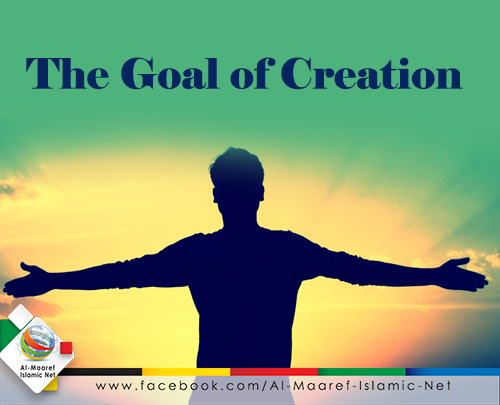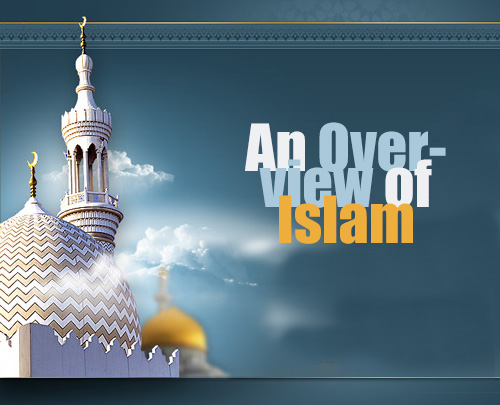Introduction
As I attend wedding ceremonies and celebrations once in a while, I always come up with the question that shouldn’t be any difference between our celebrations as Muslims with those of the Westerners? There are certain erroneous notions that have profoundly infiltrated into our lives turning into a social norm. We do not even dare changing them and simply overlook them. Why should we include western music and dance in wedding celebrations that mark the most sacred bond in Islam reminding one of an American-European dance club? In this way, I decided to look for the views expressed by Islam in this connection, since Islam is a multifaceted religion and has ignored no subject. This article is going to look into Islam’s viewpoint towards happiness and joyfulness and whether it has considered any boundaries in this regard?
Feeling of joyfulness and happiness has had a special status in human lives since the very past. There have been special celebrations and ceremonies in various cultures and schools of thought aimed at creating a feeling of happiness and pleasure amongst the people. Islam as a comprehensive and broad-based religion has not overlooked this topic and has attached special significance to it. On this basis, Islam has offered certain instructions and considered special feasts in congruity with human nature with regard to individual, family and social exuberance. There are different verses and religious sayings that prove this very fact. Human virtue and dignity has been touched upon by Islam in all the affairs.
From the Islamic point of view, humans have both spiritual and worldly dimensions. If our actions and activities contribute to the strengthening of the spiritual aspect of life, then such actions will be acceptable by Islam and otherwise they will be negated.
* Translated by: Sadroddin Musawi



















